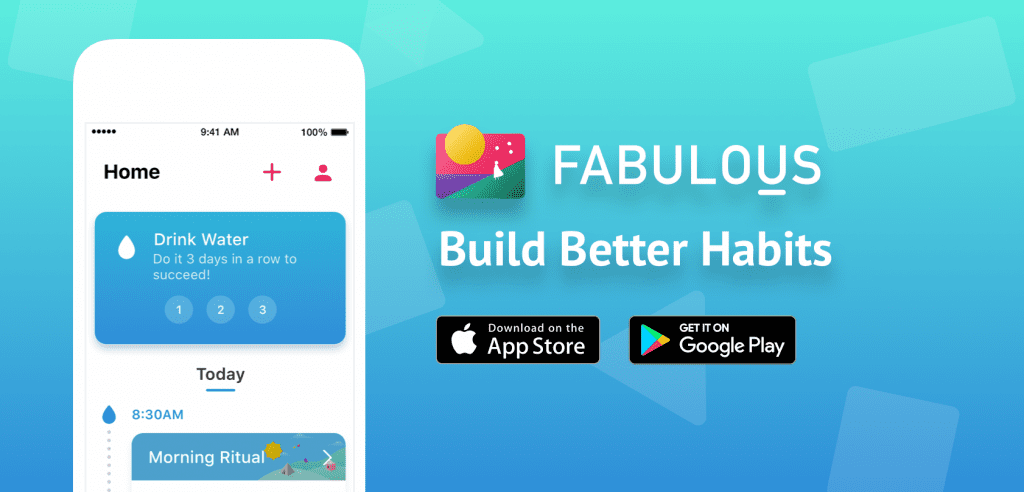It’s nearly 1 AM. You should be in bed but you’ve been hit with a nasty case of the midnight munchies. You’ve tried everything but meditating cravings away doesn’t ever seem to work nearly as well as health bloggers say it does. Before you know it, you’ve inhaled a pint of ice cream and, after deciding there’s no coming back from your failure, going back in for a second.
Our relationship with food has gotten troubling. We’re so concerned with calories and macronutrients that we see anything less than a perfect diet as a personal failure. We judge every bite we take and punish ourselves when we overindulge or eat the “wrong” things. Compulsive eating is on the rampage, while highly restrictive diets and eating disorders are destroying lives.
In her book The Food Therapist, Shira Lenchewski explains that we all have certain hang-ups with food. When we can identify these hang-ups within ourselves, we can work to resolve them. In turn, we end up with a happier relationship with food.
[the_ad_group id=”151″]
Trust Issues
People with trust issues don’t trust themselves around food. They don’t keep certain snacks around the house because they believe they won’t be able to stop themselves from binge-eating them in one go. Buffets and family-style dinners can also bring stress and lead to overindulgence. They’ve cycled through so many restrictive diets and failures that they often can’t even tell when they’re hungry or full anymore.
The Pleaser Trap
We all like to please others and maintain social harmony, but people in The Pleaser Trap take this to a damaging level. These people have become the third wheel in their relationship with food. They let others drive their food choices so much so that they may not know what they want on their own. They reflect the dietary habits of who they eat with.
Fear of the Mundane
The phrase “go big or go home” summarizes the attitude of those who Fear the Mundane. They work hard and are often in high-pressure situations, or live with a lot of stress. As a result, they treat themselves where and when they can, often with food. People who fear the mundane order the most decadent thing on the menu when they go out and love to try new and crazy things, even when it’s not in their best interest to do so. They believe that eating healthily is “boring,” which, to them, is the worst thing someone can be.
A Craving for Control
On the surface, people with A Craving for Control may look like they have it all together. They are hyper-vigilant about what they eat, often keeping lists of foods that are acceptable or forbidden. They may also eat on a strict schedule or stop eating altogether after certain times of the day. Their meal choices are limited and repetitive. Their hyper-discipline can cause a body undue stress, which can make cravings harder to fight.
A Hot-and-Cold Pattern
Just like the Katy Perry song, people with a Hot-and-Cold Pattern are either fully invested in something or not interested at all. They often jump into projects with both feet and are quick to lose interest in their pursuits as soon as the newness fades. Hot-and-Cold people may be willing and able to eat healthily but make food choices based more on what’s available or convenient versus what’s actually good for them. They can’t fully commit to the pursuit of health because they either don’t know what they really want or they don’t care enough to figure it out.
A Dependence Issue
A lot of us are taught to use food to soothe or reward. Remember receiving lollipops after getting a shot at the doctor’s office as children? Some people, however, have a Dependence Issue with food; they use it to deal with all of their emotions. People who are emotionally dependent on food tend to eat meals and snacks that feel good in the moment regardless of how they’ll feel later. They also don’t eat until they’re full; they eat until they feel better.
What Now?
Lenchewski spends most of her book explaining how to deal with our emotional hang-ups toward food. Each hang-up requires its own level of soul-searching, but she is sure to cater advice to everyone. One piece of advice, however, applies to all forms of disordered eating: Forgive yourself. You cannot move forward until you stop looking back.




